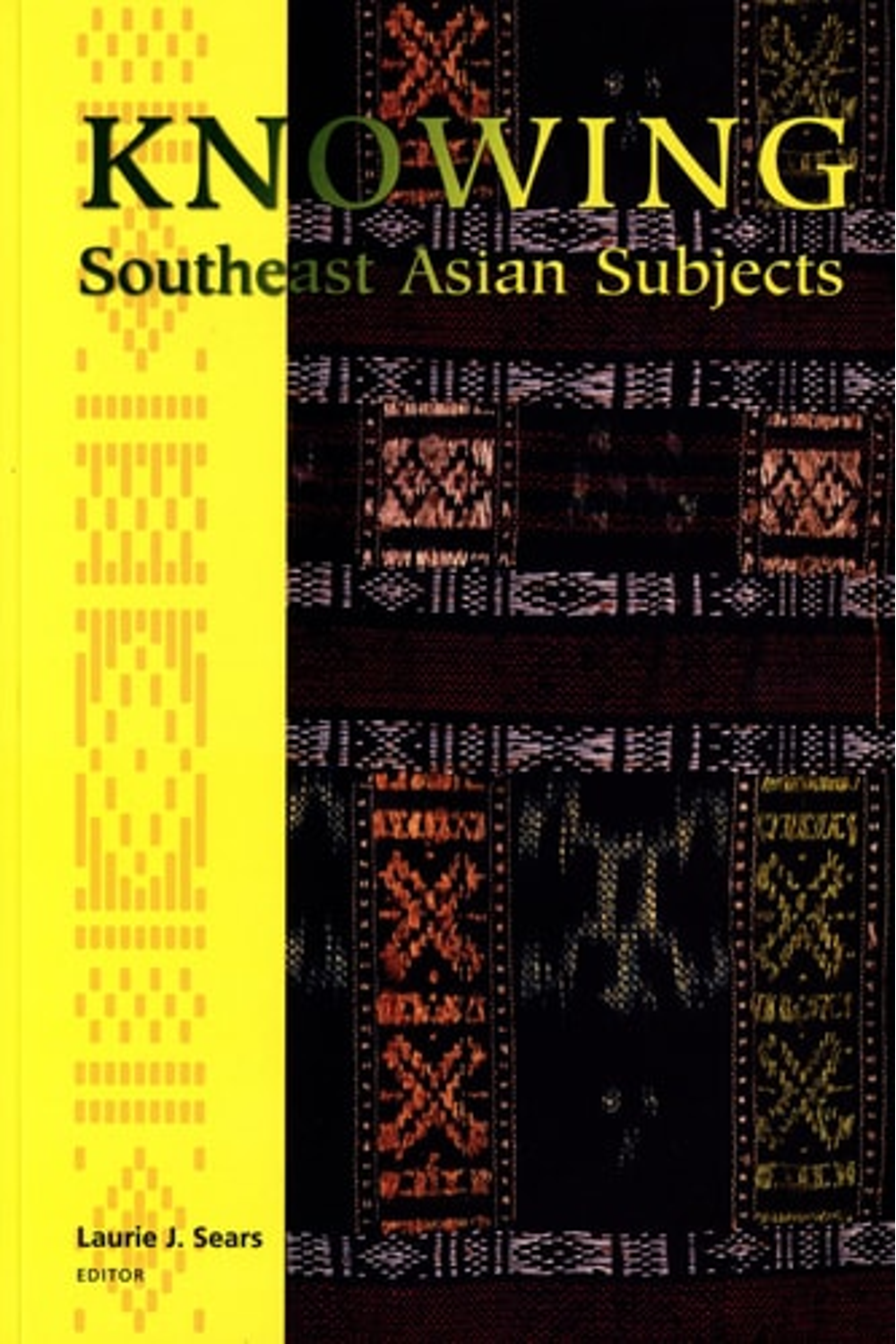**A Vital Reassessment of Southeast Asian Studies: Challenging Western Dominance** *Knowing Southeast Asian Subjects*, edited by Laurie J. Sears (University of Washington Press, 2007), is a pivotal collection of essays examining the evolving field of Southeast Asian Studies in the face of burgeoning scholarship originating from within the region itself. This book isn’t just about Southeast Asia; it’s about the *study* of Southeast Asia and how that study is being fundamentally reshaped. Moving beyond a purely descriptive or historical approach, Sears and her contributors (representing diverse disciplines like anthropology, history, and political theory) critically interrogate the field’s ingrained assumptions, power dynamics, and often-unacknowledged Western biases. The essays delve into how Southeast Asian scholars are challenging established narratives, asserting their own perspectives, and reclaiming their intellectual agency. Think of it as a long-overdue conversation about who gets to define Southeast Asia and how. The book explores how postcolonial theory, feminist perspectives, and critical analyses of globalization are forcing a re-evaluation of traditional research methodologies and pedagogical approaches. It specifically questions the dominance of Euro-American academic frameworks and seeks to create space for more equitable and collaborative knowledge production. This book is essential reading for anyone engaged in Southeast Asian studies, Asian studies more broadly, or critical discussions about area studies in the 21st century. Sears expertly curates a collection that is both intellectually rigorous and deeply relevant to the ongoing debates about decolonizing the academy. ISBN: 978-0295986838, 296 pages.
Knowing Southeast Asian Subjects (Critical Dialogues in Southeast Asian Studies)
17,23 $
In stock
The essays in Knowing Southeast Asian Subjects ask how the rising preponderance of scholarship from Southeast Asia is de-centering Southeast Asian area studies in the United States. The contributions address recent transformations within the field and new directions for research, pedagogy, and institutional cooperation.
Contributions from the perspectives of history, anthropology, cultural studies, political theory, and libraries pose questions ranging from how a concern with postcolonial and feminist questions of identity might reorient the field to how anthropological work on civil society and Islam in Southeast Asia provides an opportunity for comparative political theorists to develop more sophisticated analytic approaches. A vision common to all the contributors is the potential of area studies to produce knowledge outside a global academic framework that presumes the privilege and even hegemony of Euro-American academic trends and scholars.
| Authors | |
|---|---|
| Binding | |
| Condition | |
| ISBN-10 | 0295986832 |
| ISBN-13 | 9780295986838 |
| Language | |
| Pages | 296 |
| Publisher | |
| Year published | |
| Weight | 435 |
| Dewey decimal | 959 |
- Additional information
- Currencies
- USD – United States dollar
- EUR – Euro
- GBP – Pound sterling
- CNY – Chinese yuan
- BRL – Brazilian real
- MXN – Mexican peso
- JPY – Japanese yen
- PHP – Philippine peso
- THB – Thai baht
- PLN – Polish złoty
- CAD – Canadian dollar
- MYR – Malaysian ringgit
- AUD – Australian dollar
- TWD – New Taiwan dollar
- CZK – Czech koruna
- SEK – Swedish krona
- HUF – Hungarian forint
- ILS – Israeli new shekel
- CHF – Swiss franc
- HKD – Hong Kong dollar
- DKK – Danish krone
- SGD – Singapore dollar
- NOK – Norwegian krone
- NZD – New Zealand dollar

